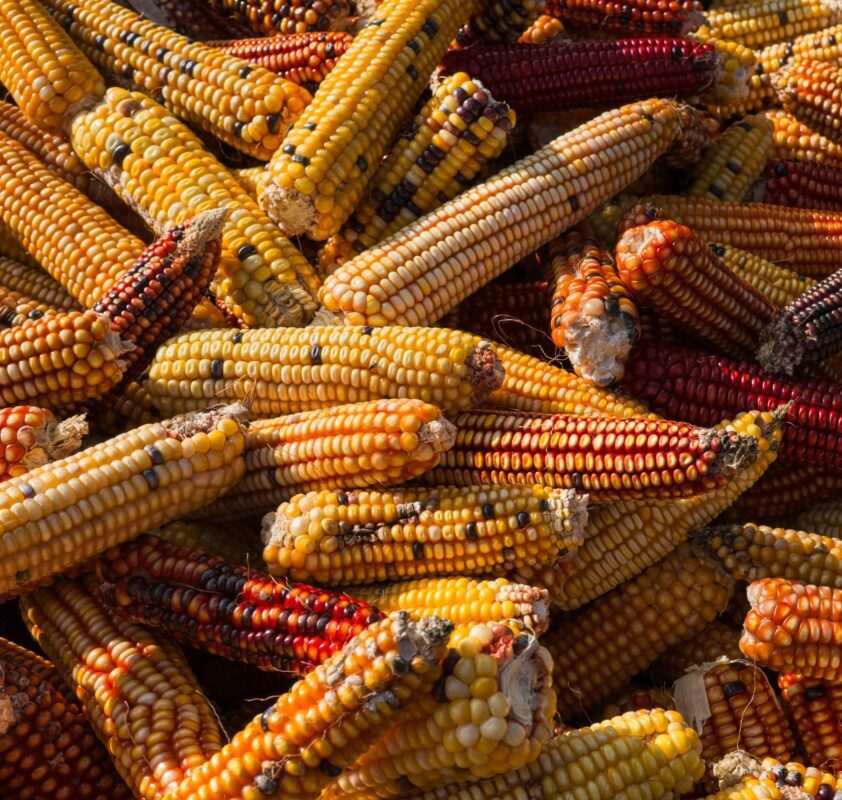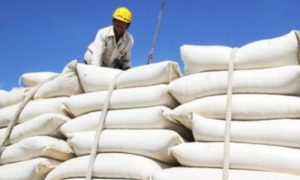GMOs return to haunt Zimbabwe

Zimbabwe faces renewed debate over GMOs amid a severe drought, prompting discussions on importing genetically modified maize. Despite longstanding skepticism, officials allow imports while barring GMO planting. Critics highlight policy inconsistencies amid efforts to combat widespread hunger. Zimbabwe asserts enough grain reserves despite a looming USD2 billion deficit to meet food needs. The African Biosafety Network of Expertise notes challenges in monitoring GMO seed access, urging further research into sustainable food solutions for Africa’s growing population.
Zimbabwe’s long running efforts to ensure food security have returned to haunt the country regarding the adoption of GMOs. In the aftermath of a devastating drought that has left millions insecure in terms of food supply, and after subsistence farmers watched as their crops wilted, how the country deals with the food crisis has become even more urgent.
Long-time president, the late Robert Mugabe did not disguise his hostility towards GMOs, and government officials lined up to persuade members of the public about how GMOs posed harmful threats to their health. It is in that regard that the Zimbabwean government has always questioned the science of GMOs, despite importing millions of tonnes of yellow genetically modified maize from Kenya during the 1992 drought.
However, as the country attempts to navigate the effects of the El Niño induced food crisis, GMOs are back on the agenda, with officials begrudgingly discussing the importation of genetically modified maize. In March, the Agriculture Minister announced that private players could import maize as part of broader government efforts to ensure “no one goes hungry,” as the country’s President put it.
“The private sector must continue to import, and they will continue to import maize for human consumption, and we also said that if they wished to import genetically modified maize, they can do so,” Agriculture Minister Anxious Masuka said in March this year. This is despite the long-standing position that the country’s adoption of GMOs shall be informed by scientific evidence regarding its safety for human consumption. Local commercial farmers are not allowed to grow GMO maize, with a warning that stiff penalties await those who violate that decree. Last month, Vangelis Habitats, Deputy Minister of Lands, Agriculture, Fisheries, Water and Rural Development, confirmed that private sector players were allowed to import genetically modified maize. He however maintained that such GMOs were not to be sold to farmers for planting. “We are allowing GMO maize to be imported in the country, but what we do not want is for it to be distributed to our farmers,” the Deputy Minister said.
“We believe that if any of this maize is sold to our farmers, then that person who sold it to the individual will be prosecuted, whether it is the farmer buying or the seller. We shall prosecute both,” he added. The government insists this is not a policy shift regarding GMOs, but the extent of the food crisis is exposing what critics say are policy inconsistencies as the country attempts to address hunger that has affected millions.
Other African researchers have also called for further research in ways to feed the continent’s growing population. The African Biosafety Network of Expertise (ABNE) has noted that even in countries such as Zimbabwe where GMOs are banned, farmers could still access GMO seeds without the knowledge of authorities, making it more difficult to monitor. Despite permitting the importation of GMO maize to address the impact of the drought, the government says the country has enough grain to feed itself.
This is despite earlier concerns raised by his boss, Minister Anxious Masuka, that: “Food security outlook April 2024 to March 2025 – this is what we deliberated on, and we said that the private sector must continue to import, and they will continue to import maize for human consumption.”
Humanitarian agencies say millions will require food assistance, and the government estimates that more than USD2 billion will be required to meet the country’s food deficit needs. And as the GMO debate returns to haunt Zimbabwe, it remains to be seen how the government navigates this contentious issue.
Source Link : https://proagri.co.za/gmos-return-to-haunt-zimbabwe/
















